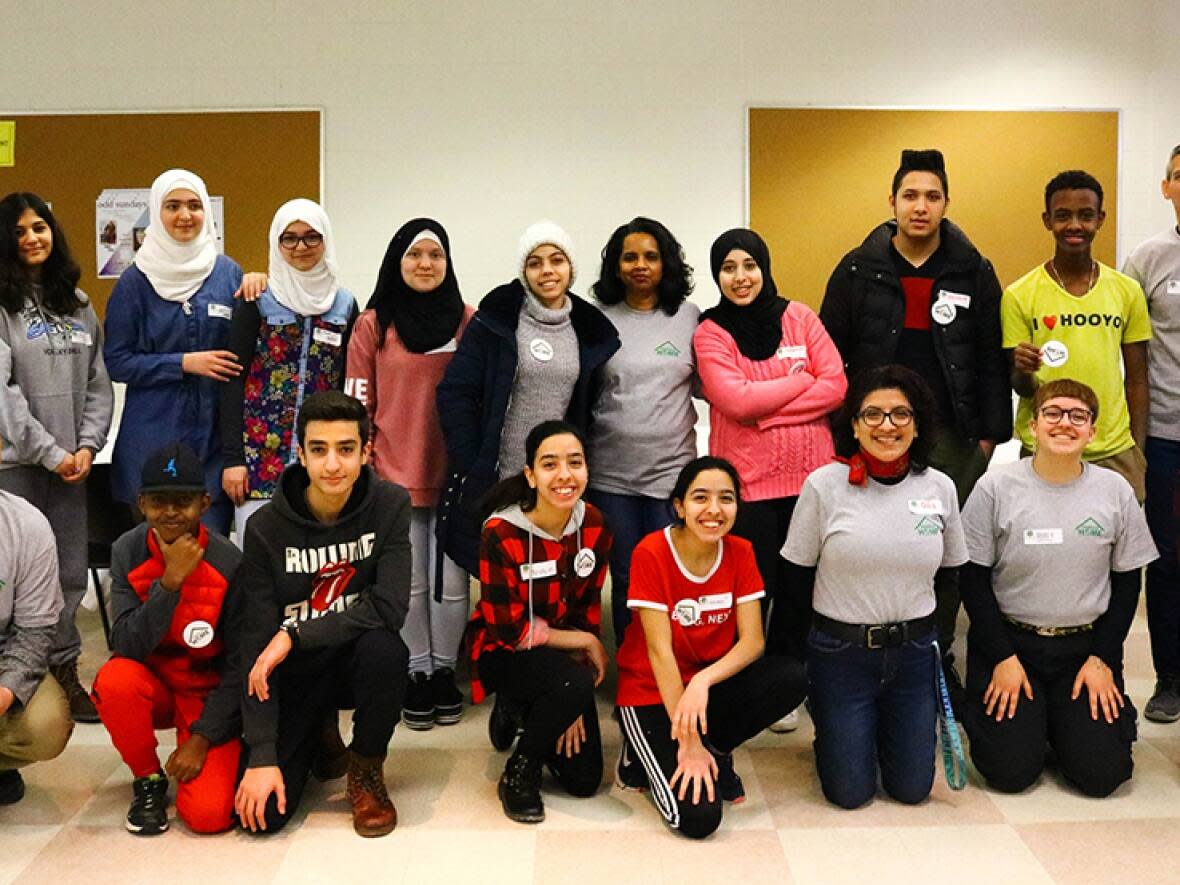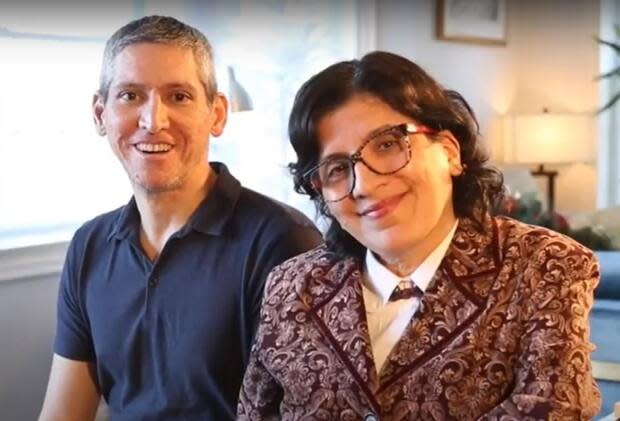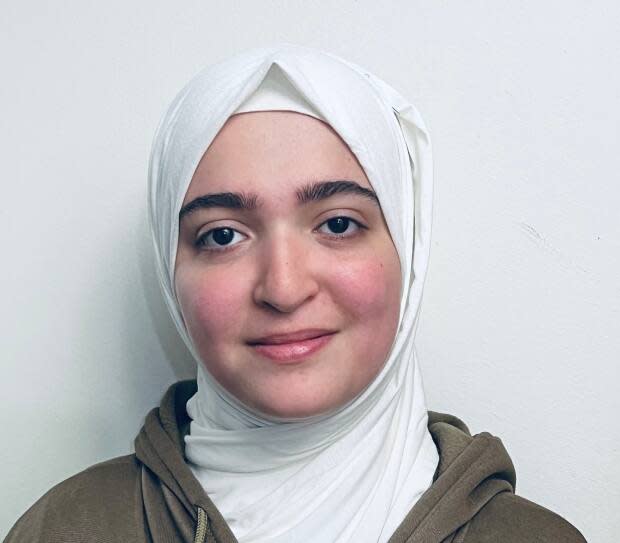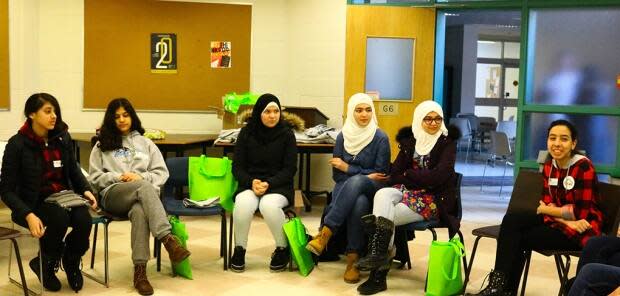Project aims to make Fredericton feel more like home for immigrants

A team of researchers is asking immigrants to Fredericton to share their stories and concerns to create positive change in the city.
Gül Çalışkan, a sociology professor at St. Thomas University, is helping lead the Promise of Home project in partnership with the City of Fredericton.
Over the last three years, the team has gathered stories from high school-age immigrants and immigrant families through community workshops with the goal of understanding their challenges to create a list of recommendations for the city.
"This project to me is bringing forward again and again, that we as immigrants want people to see the whole human behind our bodies, behind our accent, behind the languages we speak, behind however we dress," said Çalışkan, who immigrated to Canada from Turkey.
"Immigrants aren't blank pages, we bring skill, lived experience, life to this community we now call home."

Hala Bakhash, a graduate of Leo Hayes High School, is one of 11 high school students who shared their stories.
The 19-year-old immigrated to Fredericton from Syria in 2017, and said having a platform to talk about challenges she faced through that experience has made her joyful.
"It feels like I've been heard … that I am a part of the community and important to the community," she said.
The project is now in the phase of asking all immigrants age 16 and over to share their stories.
Çalışkan said after collecting stories from each group of immigrants, the team reflected on what kind of change might impact each of them most.
"High school and post-secondary education is really about understanding experiences and challenges immigrant students deal with in the school systems," said Çalışkan.

She said the stories shared by immigrant high school students focused the attention of the team on changes that could be made to the curriculum in schools, and how language services for newcomers are a key issue.
Çalışkan said having a year-long program for immigrants to learn English would be beneficial to them, as well as incorporating their stories and different cultures in the classroom.
She said stories from immigrant families have opened up a much broader set of considerations, including challenges with immigration services, the general workforce and the health-care system.
Immigrants participating range from age 16 to over 70, and they're from all around the world, including Pakistan, Iraq, Libya and China.
Çalışkan said another component of the project is to gather videos of each participant sharing their stories.
"We're hoping at the end it will be a documentary-length production," she said.

The project team includes city cultural consultant Sebastián Salazar, University of New Brunswick culture and media studies professor Sophie Lavoie and research students Bianca Prăjescu, Charles Pan and Justine Thomas.
Çalışkan said the hope is to have a list of recommendations by the end of next year.
Fighting stereotypes
Bakhash said she hopes the Promise of Home project will help raise awareness about Muslim culture, to minimize bullying for herself and other newcomers.
She said moving to a new country was scary.
"I was going to a place that I knew nothing about," said Bakhash.
Despite her worries, she did feel welcomed by the community and received most of the support she needed on arrival.
"It does feel like home, but every place needs changes," she said.
Bakhash said learning English and feeling like she could wear her hijab without judgment were the biggest challenges she faced.
"How we dress is very different… I found it hard to keep wearing my hijab. However, I wanted to keep wearing it so that people can know about it," said Bakhash.
She was able to find friends who encouraged her to talk about her culture and to keep wearing her hijab.
'We're just like them'
But she still deals with racism and bullying, which she believes comes from people not understanding her culture and the significance of wearing a hijab.
As part of the Promise of Home project, Bakhash narrated an educational video on the importance and meaning of the hijab in Muslim culture.
She said women who wear hijabs are often stereotyped as not being approachable or wanting to communicate. It's often seen as being oppressive toward women, but in Muslim culture it's seen as empowering for women.
"If people knew more about our culture they would feel safe talking to us," said Bakhash.
"We're just like them, how we dress does not change us."


